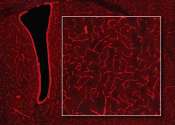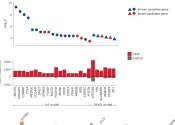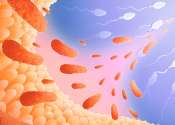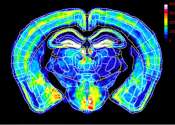Using MRI, engineers have found a way to detect light deep in the brain
Scientists often label cells with proteins that glow, allowing them to track the growth of a tumor, or measure changes in gene expression that occur as cells differentiate.
May 10, 2024
0
62









